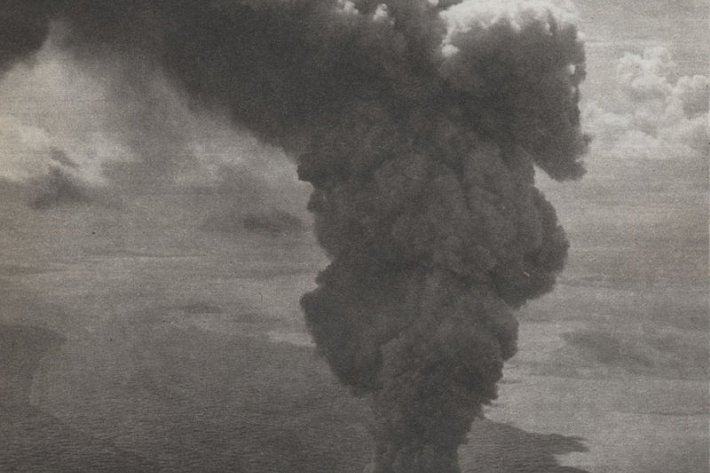-

Explosive research sheds light on volcanic tsunami
Feature story07 July 2021Innovative experiments are giving natural hazard researchers and PhD students a close look at how erupting volcanoes can cause deadly and damaging tsunamis. -

NIWA in the field: Sampling the Waimakariri
Feature story19 May 2021Environmental monitoring technician Patrick Butler has spent hours travelling between the upper and lower reaches of Canterbury’s Waimakariri and Hurunui Rivers. His mission – river water quality sampling. -

Storm surge and wave forecasting
ServiceWe combine capabilities in weather, wave, storm surge and tide forecasting with tide gauge observations. -

Lost scientific buoy recovered from Kāpiti seafloor
News article04 May 2021Researchers have recovered a scientific buoy from the Kāpiti Marine Reserve that went missing in late March. -

Marine reserves join ocean acidification network
Media release22 April 2021A joint NIWA and Department of Conservation (DOC) project is extending New Zealand’s ocean acidification monitoring network to include marine reserves. -

Research finds microplastics in fish muscle tissue
Media release18 March 2021Some of the first research into how microplastics are affecting New Zealand fish species has revealed that microplastic fragments can find their way through the gut lining and into muscle tissue. -

Seabirds spend nearly 40% of their time on high seas, study finds
Media release04 March 2021A global effort by seabird researchers, including those from NIWA, has resulted in the first assessment of where the world’s most threatened seabirds spend their time. -

Science update 5 from Richard O’Driscoll
Day 34 of the Ross Sea Life in a Changing Climate (ReLiCC) 2021 voyage on RV Tangaroa. We are back in New Zealand waters and due to arrive in Wellington on the morning of Monday 15 Feb. -

Queen of the critters
Feature story11 February 2021Sadie Mills has come a long way from scaring the inhabitants of Scottish rock pools. Sarah Fraser explains. -

Keeping tabs on muddy waters
Feature story11 February 2021Sam Fraser-Baxter heads out with a NIWA research team keeping a close eye on these vulnerable transition zones. -

Norse goddess reveals seabed secrets
Feature story11 February 2021A large, orange Scandinavian robot gives NIWA’s marine geologists an in-depth look at changes to the seafloor off Kaikōura. -

A job for the buoys
Feature story11 February 2021New Zealanders and Pacific Island communities are on their way to having the most advanced tsunami monitoring system in the world.

